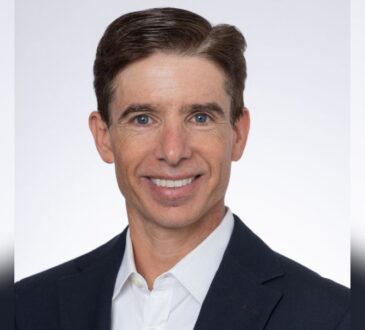
Scott Stevens’ phone is ringing off the hook.
Stevens, the founder of private credit firm Grays Peak Capital, provides bridge financing to companies that get government contracts, mostly in the defense sector. His firm is raising its second fund, which will have at least $500 million to put to work but could swell to $1 billion if he finds the right opportunities to entice his backers to contribute more.
And with the government shutdown, there have been a lot of opportunities.
“I have never had so many people wanting to meet with me,” he told Business Insider in an interview, about borrowers reaching out to him.
Stevens, a former investor for Steve Cohen’s SAC Capital and Philippe Laffont’s Coatue, has carved out a niche in the fast-growing private credit space, stepping in when banks or traditional lenders can’t. He said it’s generally a safe bet to loan to companies awaiting government contracts. Government infrastructure projects, like maritime ports and rural broadband, contract out to private companies to do the work, but “the government is not designed to move quickly” and get them startup capital to begin a project.
Stevens left SAC in 2014 and set up Grays Peak, which also invests in private equity, venture capital, and real estate. His private equity sleeve purchased a few companies that had government contracts, which led him to this field, he said.
Stevens’ first private credit fund annualized 16% over 2023 and 2024, investing $300 million during that time. The government shutdown should only help his bottom line.
Grays Peak Capital
“I have more pricing power than I did a year ago,” he said. Private credit lenders structure deals with more flexible, customized terms and charge higher rates to offset that added risk.
He targets mostly short-term loans — between half a year and 18 months — and avoids projects that are more tied to an administration’s preferences. Renewable energy projects, for example, have fallen by the wayside under President Donald Trump’s administration after receiving a big boost during former President Joe Biden’s time in office.
“We’re never funding something that’s at the risk of being cut,” he said.
Security clearance moat
Stevens is still somewhat new to the space and said he’s surprised at how big the market is. Smaller regional banks, he said, used to do more of this type of lending but have backed away from the space.
This area of lending can be challenging to break into because many defense-adjacent companies handle classified information and can’t disclose their work with outside partners unless they also hold security clearances.
Stevens said that most of his team consists of former government workers or military veterans who already have some form of clearance or are familiar with the process. The deals he is focused on are smaller than what the largest private lenders in the industry typically target, so there’s less competition for deals.
He’s also looking abroad as Europe is set to increase its spending on defense. American contractors, he said, are looking to sell to European countries, but will need financing to set up operations abroad.
“That’s a market we didn’t have before, for sure,” he said.




